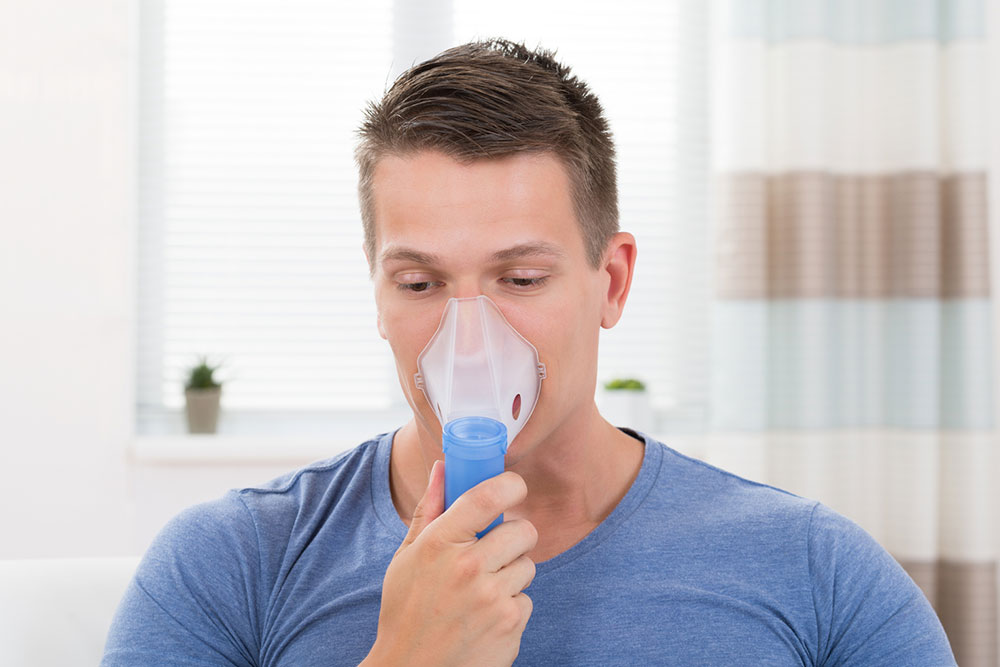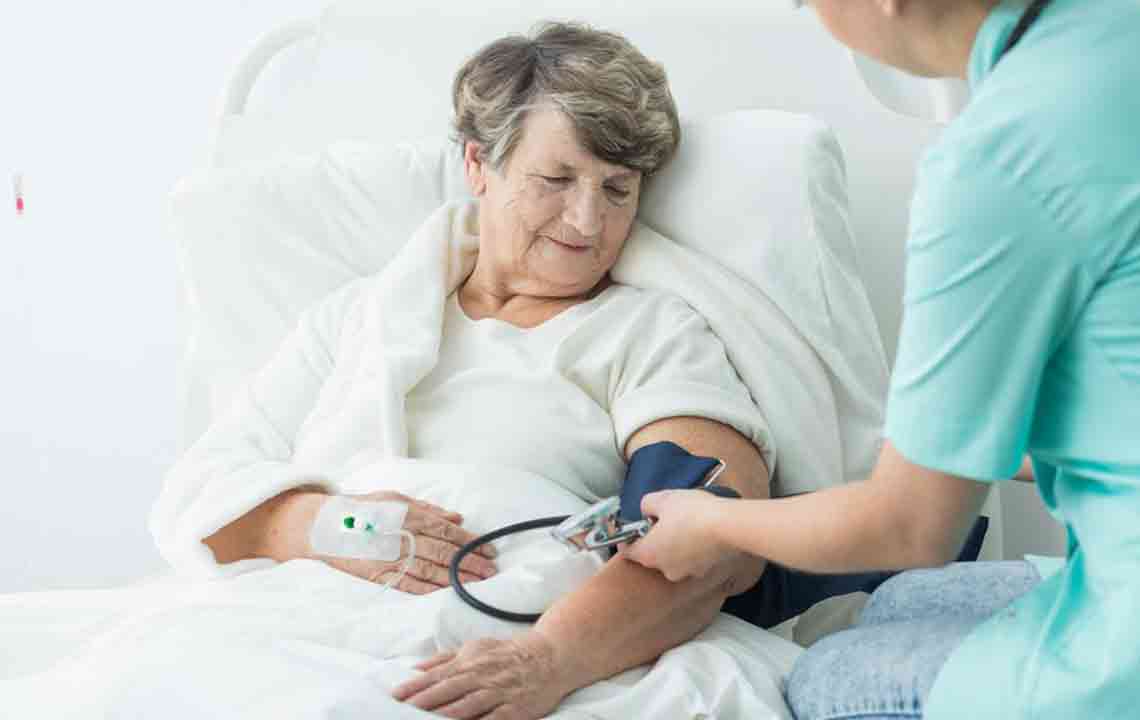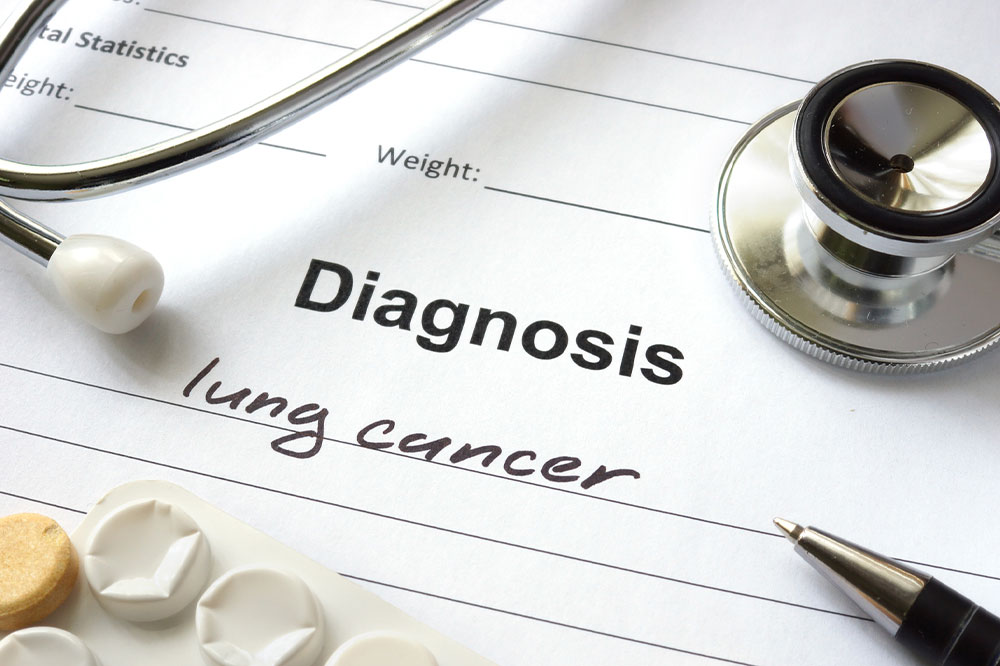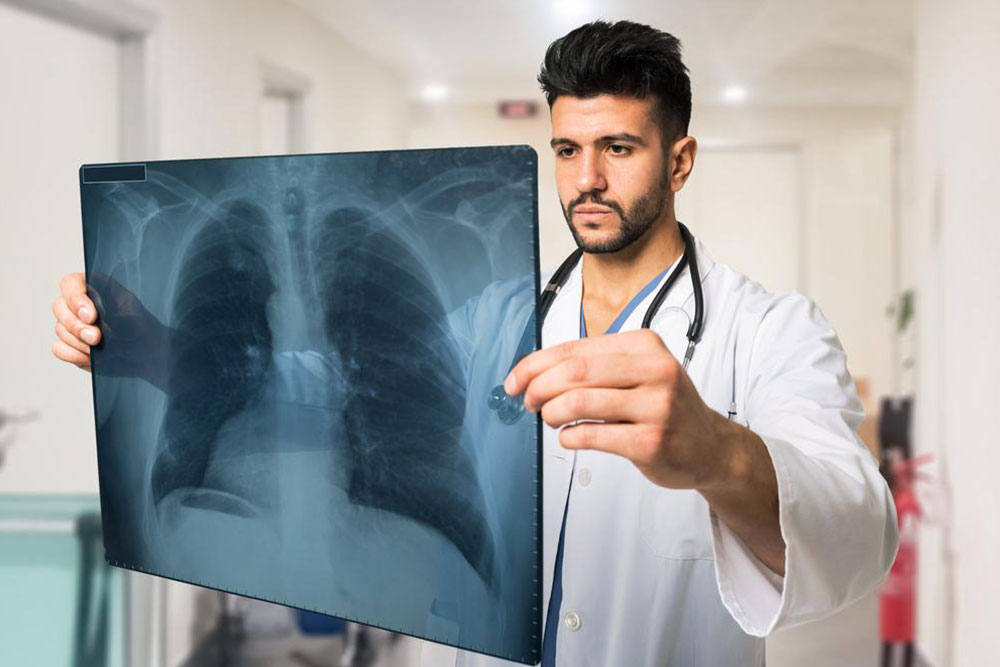Comprehensive Guide to Pneumonia Prevention: Why Vaccination is Essential for Your Health
Learn comprehensive strategies for pneumonia prevention through vaccination. This guide covers who should get vaccinated, benefits, timing, safety tips, and exemptions. Protect your lungs and overall health by understanding the importance of pneumococcal vaccines, especially if you're at higher risk due to age or lifestyle. Stay informed and take proactive steps toward respiratory health today.
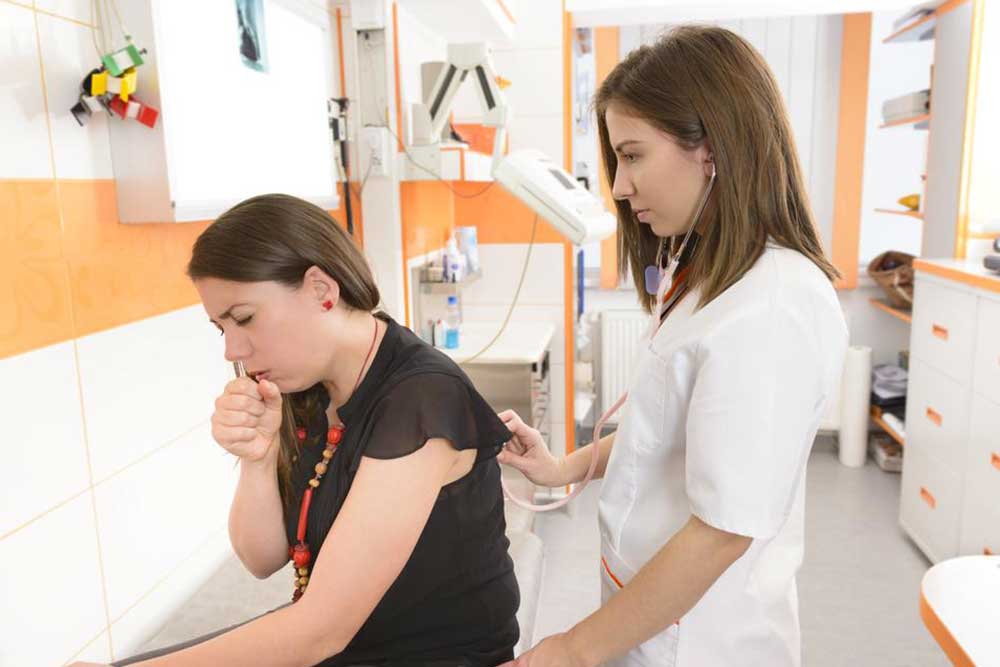
Comprehensive Guide to Pneumonia Prevention: Why Vaccination is Essential for Your Health
Pneumonia remains a serious health concern worldwide, especially affecting vulnerable groups. While no vaccine can offer absolute immunity, vaccination significantly lowers the risk of contracting pneumonia and lessens the severity if infection occurs. Pneumonia is characterized by inflammation of the lungs, leading to symptoms such as cough, fever, chest pain, and difficulty breathing. Understanding the importance of vaccination, identifying who should get vaccinated, and knowing who can skip it are crucial steps toward safeguarding your health and well-being.
In this thorough guide, we explore the vital role of pneumonia vaccines, highlight the target groups for vaccination, and provide comprehensive advice on timing and safety considerations. Whether you're at high risk or in good health, making informed decisions about vaccination can greatly contribute to your health resilience against this potentially life-threatening disease.
Understanding Pneumonia and Its Impact
Pneumonia is caused by various pathogens, including bacteria, viruses, and fungi, damaging the alveoli—the tiny air sacs in the lungs responsible for oxygen exchange. This damage hampers breathing and can lead to serious complications such as sepsis, lung abscesses, and respiratory failure. According to the World Health Organization, pneumonia is among the leading causes of death globally, especially affecting young children, the elderly, and those with weakened immune systems.
Preventative measures are vital in managing the disease’s impact. Vaccination is one of the most effective tools available, providing a proactive approach to reduce infection rates and improve patient outcomes.
The Significance of Pneumonia Vaccines
Getting vaccinated against pneumonia doesn’t mean you are completely immune, but it significantly enhances your body's defenses. The vaccines currently available protect mainly against Streptococcus pneumoniae, one of the most common bacterial causes of pneumonia, and other relevant pathogens. Vaccinated individuals who do contract pneumonia often experience milder symptoms, shorter illness duration, and a lower risk of severe complications or hospitalization.
Mass immunization programs have shown to decrease pneumonia-related morbidity and mortality across different populations. Vaccination is especially essential in high-risk groups, reducing their vulnerability and lessening the burden on healthcare systems.
Who Should Prioritize Pneumonia Vaccination?
Identifying vulnerable groups is key to effective prevention. Certain populations are at greater risk of developing severe pneumonia, and vaccination is strongly recommended for them. These groups include:
Older adults: The immune system weakens with age, making seniors more susceptible to infections, including pneumonia. Vaccination can substantially reduce their risk of complications.
Individuals with chronic diseases: Conditions such as diabetes, heart disease, asthma, or chronic lung diseases impair immune responses and increase susceptibility to pneumonia.
Immunocompromised persons: Those undergoing cancer treatments, organ transplant recipients, or individuals with HIV/AIDS have compromised immune defenses, warranting vaccination for protection.
Healthcare workers: Regular exposure to infectious agents makes vaccination essential for those working in medical settings to prevent outbreaks and protect vulnerable patients.
People with lifestyle risk factors: Heavy smokers and alcohol consumers are advised to get vaccinated because these factors impair lung defenses and immune responses, increasing infection risk.
Additional Risk Factors
People with compromised lung function, such as those with prior respiratory illnesses or structural lung abnormalities, should also consider vaccination. Furthermore, residents of long-term care facilities or nursing homes, where infections can spread rapidly, are highly encouraged to be vaccinated to protect themselves and others.
Timing and Safety of Vaccination
There is no specific season for receiving a pneumonia vaccine, making it accessible year-round. Your healthcare provider will recommend the optimal timing based on your health status and risk factors. For instance, vaccination schedules may differ for children, adults, and the elderly.
It is safe to administer the pneumonia vaccine alongside the influenza (flu) vaccine. Medical professionals typically recommend receiving both vaccines in separate arms during the same visit, usually spaced by a short interval if necessary, to maximize protection against respiratory illnesses during flu season and beyond.
Regarding safety, pneumonia vaccines have an excellent safety record. Mild side effects such as soreness at the injection site, low-grade fever, or fatigue may occur but are temporary. Serious adverse reactions are rare but should be discussed with your healthcare provider during your appointment.
Who Can Skip the Pneumonia Vaccine?
While vaccination offers significant protection for many, certain healthy adults aged 18-64 without risk factors may choose to forgo the pneumonia vaccine. If you are in good health, non-smoker, with no chronic illnesses, and do not engage in behaviors that weaken your immune system, you might consider skipping the vaccination. However, it's recommended to consult your healthcare provider to assess individual risk and benefits.
Keep in mind that vaccination remains highly beneficial for vulnerable groups and those with potential exposure risks. Even healthy individuals can benefit from vaccination, especially if they develop new health conditions or lifestyle changes in the future.
Always seek professional medical advice to make an informed decision suited to your health circumstances. Regular health check-ups and staying updated on vaccinations are essential components of preventive healthcare.
In conclusion, vaccination is a vital tool in preventing pneumonia and reducing its severe consequences. Understanding who should get vaccinated, when to do so, and how to stay protected can help you make the best health decisions. Protect yourself and your loved ones by staying informed and proactive about pneumonia prevention through vaccination.
